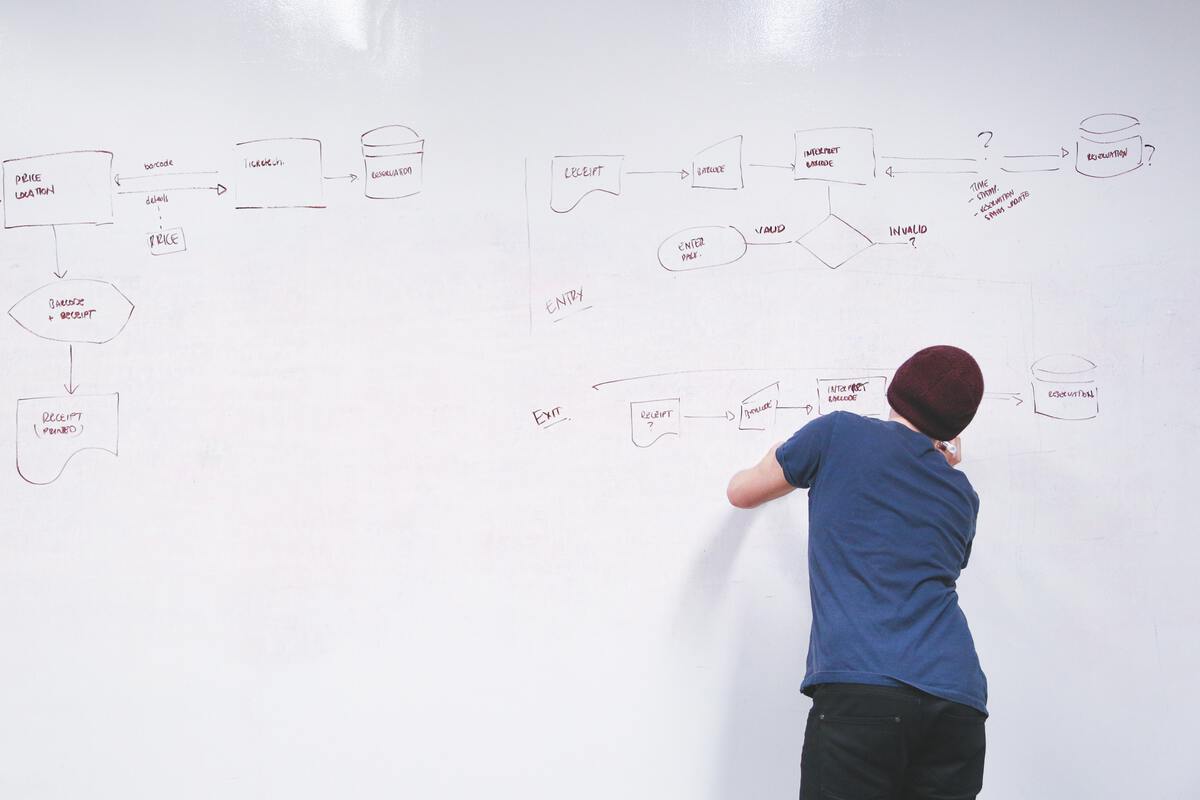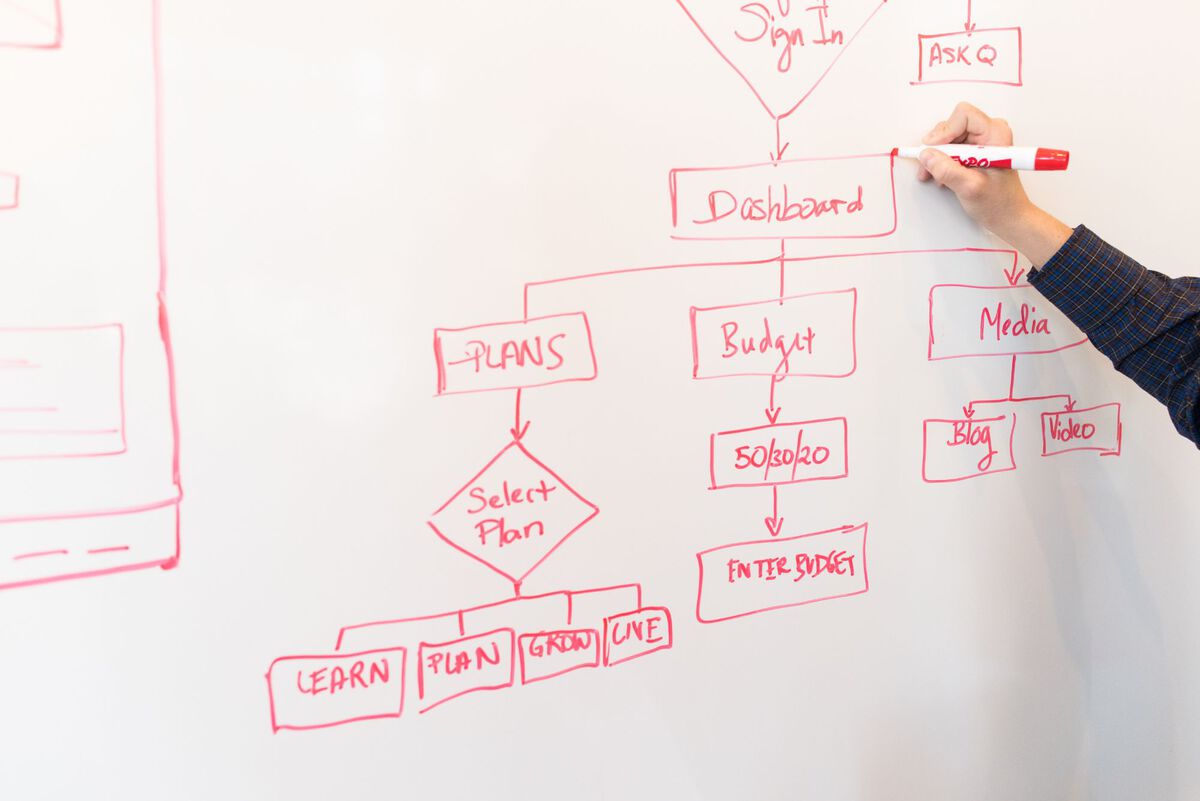
Systems Engineering Services
Our daily job is to leverage systems experience from both large corporations, as well as from challenging startup environments.
Processes can be modeled iteratively, aligning with your product conceivement, changing customer
demands or agile development practices. We know that this can be challenging - that's why we apply methodologies that ensure System Requirements traceability. Furthermore, we provide System and Organizational process
flows, System Requirements, Design, Analysis, as well as verification and validation.
Each customer faces challenges specific to their product, and we are skilled at helping customers get to the root of their problem areas and
quickly recommend an efficient path forward in defining their systems.
MBSE Services
Model-based Systems Engineering applies formalized modeling approaches to support all phases of Systems Engineering. At Noelscher Consulting, we use System Markup Language (SysML) to define relationship models that
can represent any system.
We are vendor-independent and follow the International Council on Systems Engineering (INCOSE) standards.
Why choose MBSE? Showing relationships between system functions, requirements,
developers, and users, provides a "single source of truth" which is more comprehensive than almost any other traditional Systems Engineering Technique.


Architecture
We assist with defining and capturing complex system architectures, including (but not limited to):
- System/Component Capabilities
- Hardware Components and Interfaces
- Logic Design
- System functional Flows
- Implementation
Our customers receive recommendations to balance performance, efficiency, cost, and reliability. Part of our work consists of defining system(s) of interest and interactions between hardware, software, and processes. Examples
include automotive networks, spacecraft payloads, large-scale computing, embedded systems, as well as test infrastructure.
Systems Engineering Training
Noelscher Consulting provides customized training in Systems best practices. These trainings can cover requirements definition, introduction to MBSE and/or SysML, as well as creating test plans with requirements coverage. Usually,
we recommend this as part of our involvment at the customer's site, during or after the implementation of our customized systems engineering approach. Educating teams that are involved with Systems Engineering and general Product
Development is a cost-effective way of ensuring that quality is improved and maintained.

Things we do
Specifications
The backbone of any project is creating requirements which are necessary, verifiable, and achievable. We can help to define clear specifications which follow industry standards and ensure traceability.
Test Plans
The best way to ensure traceability of all requirements is to design with verification/validation in mind. We can help identify the activities necessary for your particular product and create plans to define the testing (including inspection and analysis) scope and activities.
Failure Mode and Effects Analysis (FMEA)
Identifying potential failure modes within a system and following up with mitigation plans can be daunting with regard to schedule and learning curve. Our experience in creating and managing functional, design, and process FMEAs can make the process painless.
Requirements Traceability Matrix (RTM)
It's often complex to ensure all requirements have been met and checked via test cases at the completion of a product. Creating comprehensive RTMs to tie the details from specifications and test plans together in one document allows you to identify any gaps in test coverage.
Model-based Systems Engineering (MBSE)
Whether you're defining a new model, converting existing documentation to MBSE, or updating your current schemas and metamodel, we are able to provide design advice and hands-on implementation.
Concept of Operations (CONOPS)
In any system, it is helpful for stakeholders to have a reference which describes the capabilities of a complex system at a high-level. We can work with your team to provide the documentation which bridges the gap between initial concept and technical requirements.

